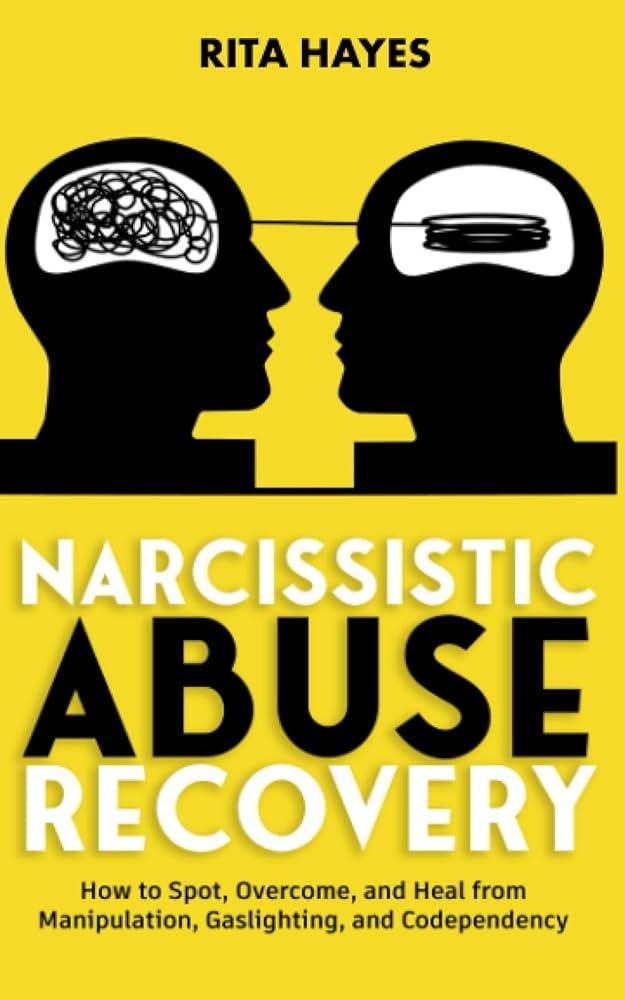Dating after experiencing narcissistic abuse can feel like stepping into unfamiliar territory. The scars left by manipulation, gaslighting, and emotional neglect often make trusting others—and even oneself—a daunting challenge. Yet, moving on and opening your heart again is possible. This article explores how to heal from narcissistic abuse while cautiously navigating the dating world, offering insights and practical tips to help you rebuild confidence, set healthy boundaries, and foster genuine connections. Whether you’re just starting your recovery journey or ready to meet someone new, understanding this delicate balance is key to finding happiness and security beyond the past.
Table of Contents
- Understanding the Impact of Narcissistic Abuse on Future Relationships
- Rebuilding Self-Esteem and Trust After Trauma
- Setting Healthy Boundaries to Protect Your Emotional Well-being
- Practical Steps for Navigating the Dating World with Confidence
- Future Outlook
Understanding the Impact of Narcissistic Abuse on Future Relationships
Experiencing narcissistic abuse profoundly reshapes an individual’s emotional landscape, often coloring how they perceive and engage in future relationships. After enduring manipulation, gaslighting, and emotional neglect, survivors may find themselves grappling with trust issues and an intensified fear of vulnerability. This can manifest as hesitance to open up fully, a hyper-awareness of potential red flags, or an overwhelming need to constantly validate their partner’s intentions. The scars left by such trauma don’t just fade quickly; they influence attachment styles and communication patterns, sometimes causing survivors to unconsciously recreate dynamics reminiscent of their past abuse.
However, understanding these impacts offers a critical step toward healing and reclaiming agency in one’s love life. Some common challenges faced include:
- Emotional guardedness: Building walls to protect oneself from potential hurt.
- Self-doubt: Questioning one’s own feelings and judgments in new relationships.
- Heightened sensitivity: Being easily triggered by seemingly minor conflicts or misunderstandings.
Recognizing these tendencies allows individuals to approach dating with more awareness, compassion, and patience for themselves as they navigate the complex journey of love post-abuse.
Rebuilding Self-Esteem and Trust After Trauma
Recovering from narcissistic abuse often feels like piecing together a broken mirror—each fragment representing a part of your self-esteem that was distorted or shattered. It’s crucial to acknowledge that rebuilding your sense of worth is a gradual process that requires patience and self-compassion. Start by celebrating small victories, whether it’s setting healthy boundaries or simply choosing to listen to your own needs. Engaging in positive affirmations and surrounding yourself with supportive people can gradually reinforce the belief that you are worthy of love and respect.
Trust, once fractured, must be carefully reconstructed with intention. This doesn’t mean rushing into new relationships, but rather learning to trust yourself again—your instincts, decisions, and emotions. Consider incorporating these practices to aid your healing journey:
- Journaling: Reflect on your thoughts and feelings to understand patterns and progress.
- Therapy or Support Groups: Share your experience in a safe environment where validation and guidance are offered.
- Mindfulness and Meditation: Cultivate presence and reduce anxiety associated with past trauma.
- Self-care routines: Prioritize activities that nurture your physical and emotional well-being.
By gradually restoring trust in yourself, you lay the groundwork to build healthier connections moving forward, allowing love to coexist with wisdom and resilience.
Setting Healthy Boundaries to Protect Your Emotional Well-being
Establishing clear limits is essential when reclaiming your sense of self after experiencing narcissistic abuse. These boundaries serve as your emotional sanctuary, allowing you to interact with others without fear of manipulation or erosion of your self-worth. Begin by identifying what feels comfortable in your relationships — whether it’s about how much time you spend together, the topics you’re willing to discuss, or how you respond to criticism. Communicating these limits assertively and consistently not only reinforces your needs but also filters out toxic dynamics that could trigger past wounds.
Remember, setting boundaries is not about controlling others but about protecting your well-being. Important practices include:
- Recognizing red flags early and trusting your instincts when something feels off.
- Gracefully saying no without guilt or over-explaining your reasons.
- Maintaining consistency by reinforcing your limits even when challenged.
- Prioritizing self-care as a non-negotiable part of your emotional health.
By honoring these boundaries, you lay the groundwork for healthier, more fulfilling connections that support your emotional recovery and future happiness.
Practical Steps for Navigating the Dating World with Confidence
Re-entering the dating scene after narcissistic abuse requires intentionality and self-awareness. Start by setting clear boundaries that protect your emotional well-being. Remember, your feelings and needs are valid. Surround yourself with supportive people who encourage your growth and healing. Take time to rediscover your interests and passions outside of relationships to rebuild your sense of identity and confidence. Practicing mindfulness can also help you stay grounded and recognize red flags early on.
When you feel ready to date, approach new connections with openness but cautious optimism. Don’t be afraid to communicate your expectations honestly and listen carefully to the behavior behind the words. Building trust is a gradual process—prioritize *safe* environments and casual settings to get to know someone without pressure. Consider these practical tips to foster healthy beginnings:
- Trust your intuition—if something feels off, give yourself permission to step back.
- Practice self-compassion—healing is non-linear and patience is key.
- Keep your support system close, whether friends, therapy, or support groups.
- Celebrate small victories in your personal growth and social engagement.
Future Outlook
Healing from narcissistic abuse is a journey that requires patience, self-compassion, and time. As you move forward, remember that your worth isn’t defined by past relationships or the pain you endured. By focusing on your healing and personal growth, you can rebuild your confidence and open your heart to healthier connections. Dating again after such experiences may feel daunting, but it’s also an opportunity to embrace new beginnings with greater self-awareness and boundaries. Take each step at your own pace, trust your instincts, and know that a brighter, more fulfilling future is possible.

